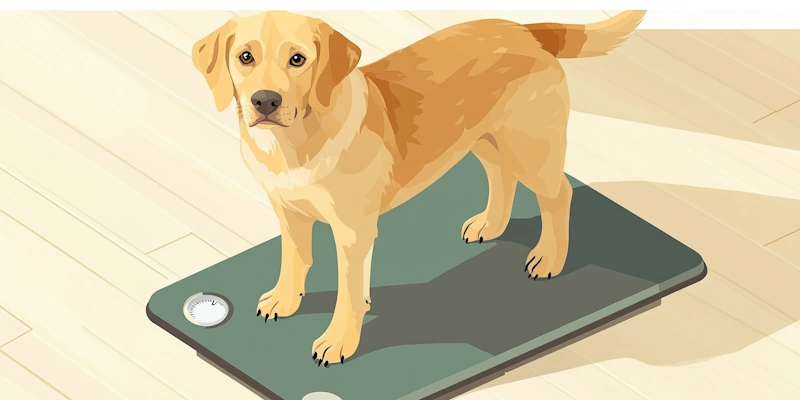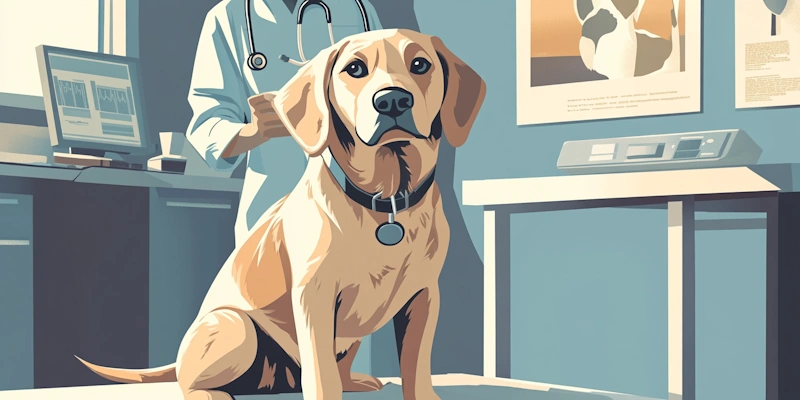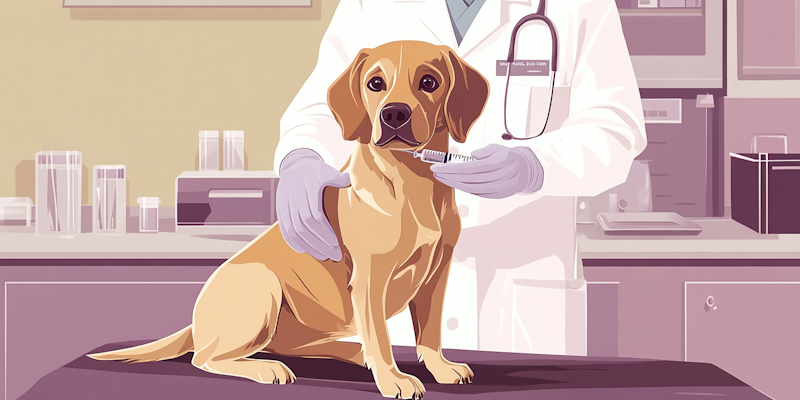Introduction
Heartworm in dogs is a life-threatening disease caused by parasitic worms that infect the heart, lungs, and blood vessels. It's spread through mosquito bites, and once a dog is infected, the worms can grow up to a foot long. Understanding heartworm in dogs is crucial to protecting your pet's health.
What is Heartworm Disease?
Heartworm disease is caused by the parasitic worm Dirofilaria immitis. These worms are transmitted by mosquitoes that carry the larvae. When an infected mosquito bites a dog, the larvae enter the dog's bloodstream and eventually mature into adult worms. These worms live in the heart and lungs, causing significant damage to these organs over time.
Symptoms of Heartworm in Dogs

Heartworm in dogs often shows no symptoms in the early stages. However, as the disease progresses, symptoms become more evident. Common signs include:
- Persistent coughing
- Fatigue after mild exercise
- Decreased appetite
- Weight loss
- Swollen belly due to fluid accumulation
In severe cases, dogs may experience heart failure or blockages in blood flow, leading to sudden collapse or death. Regular check-ups and early detection are essential to prevent the disease from reaching this advanced stage.
Diagnosing Heartworm in Dogs

Veterinarians diagnose heartworm in dogs through blood tests that detect the presence of heartworm proteins. Early detection is vital as it allows for treatment before the worms cause extensive damage. Once diagnosed, the veterinarian will determine the stage of the disease and the appropriate treatment plan.
How to Treat Heartworm in Dogs
Treating heartworm in dogs is a complex process and requires veterinary supervision. The treatment involves several steps:
- Stabilization: If the disease is advanced, the first step is stabilizing the dog. This may involve treating any symptoms or complications caused by the heartworms.
- Adulticide Therapy: The primary treatment involves a series of injections that kill the adult heartworms. This process can be dangerous, as the dead worms decompose and may cause blockages in blood vessels.
- Post-Treatment Care: After the treatment, dogs need strict rest to prevent complications. Limiting physical activity is crucial as the body works to clear the dead worms.
Treatment for heartworm in dogs can be expensive and requires months of recovery time. It's a challenging process, but with proper care, most dogs recover and return to normal life.

Preventing Heartworm in Dogs
Prevention is the most effective way to protect your dog from heartworm disease. There are several preventative measures you can take:
- Monthly Preventatives: Administering monthly heartworm preventatives is essential. These medications kill the larvae before they can mature into adult worms.
- Annual Testing: Regular blood tests are important, even if your dog is on preventative medication. Testing ensures that the preventative is working and that your dog remains heartworm-free.
- Environmental Control: Reducing your dog’s exposure to mosquitoes can also help prevent heartworm. Use mosquito repellents and keep your dog indoors during peak mosquito activity.
Preventing heartworm in dogs is not only easier than treating the disease but also safer and more cost-effective. Consistent use of preventative measures can save your dog from the pain and danger of heartworm disease.
Conclusion
Heartworm in dogs is a serious, but preventable disease. By understanding the symptoms, diagnosis, treatment, and prevention methods, you can keep your dog safe and healthy. Regular check-ups and preventative care are essential in protecting your dog from this life-threatening disease.